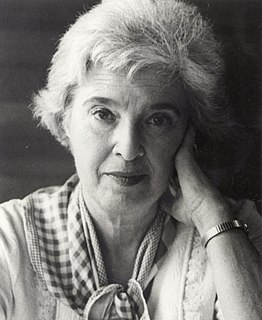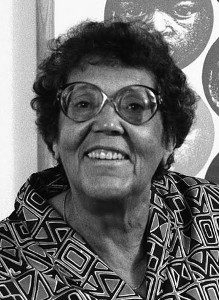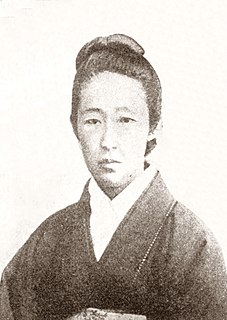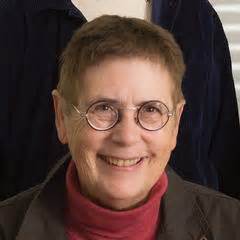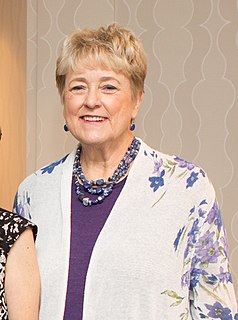A Quote by Gerda Lerner
Women's history is the primary tool for women's emancipation.
Quote Topics
Related Quotes
... women learned one important lesson--namely, that it is impossible for the best of men to understand women's feelings or the humiliation of their position. When they asked us to be silent on our question during the War, and labor for the emancipation of the slave, we did so, and gave five years to his emancipation and enfranchisement.... I was convinced, at the time, that it was the true policy. I am now equally sure that it was a blunder.
Women have always been the primary victims of war. Women lose their husbands, their fathers, their sons in combat. Women often have to flee from the only homes they have ever known. Women are often the refugees from conflict and sometimes, more frequently in today's warfare, victims. Women are often left with the responsibility, alone, of raising the children.
I wish you would stop and seriously consider, as a broad and long-term feminist political strategy, the conversion of women to a woman-identified and woman-directed sexuality and eroticism, as a way of breaking the grip of men on women's minds and women's bodies, of removing women from the chronic attachment to the primary situations of sexual and physical violence that is rained upon women by men, and as a way of promoting women's firm and reliable bonding against oppression. . . .
The complete emancipation of women from the ties which held them back in the past, during the ages of despotism and ignorance, is a basic aim of the Party and the Revolution. Women make up one half of society. Our society will remain backward and in chains unless its women are liberated, enlightened and educated.
